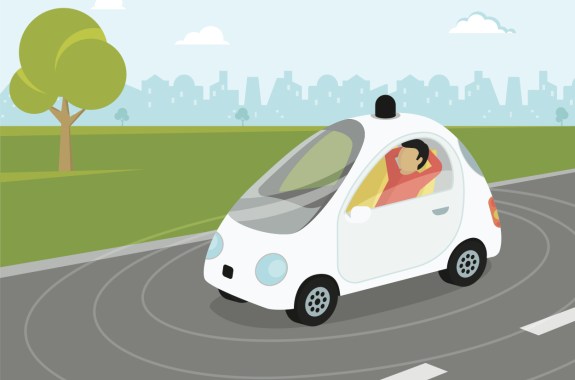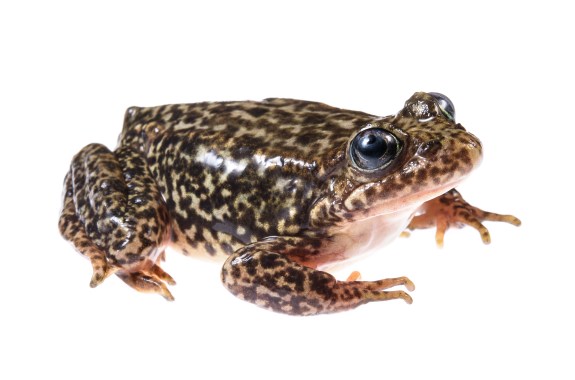17:37
Imagining the ‘Connected’ Car of the Future
“Connected” cars tap into the vehicles’ sensors to read road signs, determine traffic patterns, and find open parking spaces.
7:19
Ancient Migrations, Summer Sea Ice, and Archaeological Algorithms
Homo sapiens worldwide may have descended from a single migration event out of Africa more than 50,000 years ago.
4:36
A Glimpse Before It’s Gone
Why tourists traveling to threatened places may be making the problem worse.
17:04
Myth-Busting Your Fitness Routine
Some health experts tout the benefits of standing desks and walking five miles a day. Science says otherwise.
11:27
The Fog and the Redwood
The redwood trees lining northern California’s coastline depend on fog as a seasonal water source.
17:40
Amphibians Versus Fungus: Saving the Yellow-Legged Frog
What one frog’s fight against the deadly chytrid fungus could mean for the survival of imperiled amphibians around the globe.
17:06
Making the Most of A.I.’s Potential
As artificial intelligence advances, it could transform our world. How do we ensure that it does so in the best possible way?
16:16
Of Fashion, Faith, and Physics
Theoretical physicist Roger Penrose argues against some prominent theories about the universe, calling them fashion, faith, and fantasy.
7:09
Charon’s Red Cap, Mapping the Milky Way, and Crafty Crows
Pluto may be the source of the wispy red cap on the north pole of its moon Charon.
4:43
Taking a Telepresence Robot for a Spin
Can a robotic avatar let you remotely experience a trip to the zoo?









